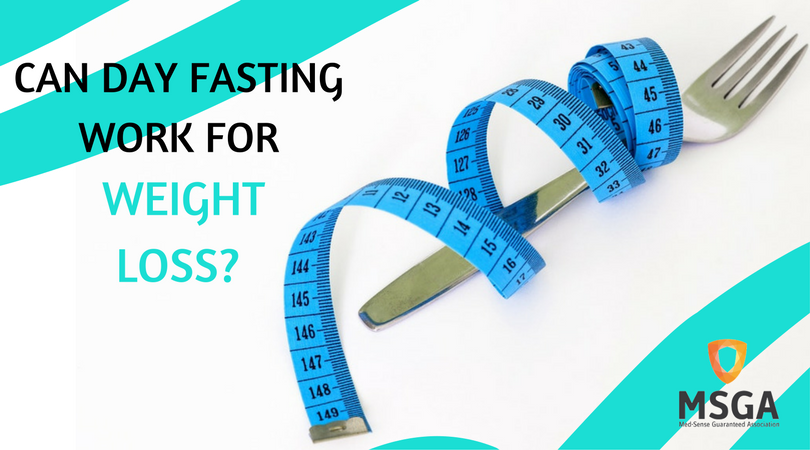When people are trying to lose weight, there is a very simple formula that people need to keep in mind: calories out must be greater than calories in. If people eat more calories than they burn, those extra calories get stored in the human body, leading to an increase in overall weight. How people alter this equation is up to them. Some people try to burn more calories by exercise. Others try to cut calories by dieting and eating less. Many people try both. One of the methods that has increased in popularity is called day fasting.
What is Day Fasting?
While most diets seek to alter what people eat, fasting seeks to alter when they eat those foods. Many diets now combine the two principles in an effort to help people become more successful. There are many different types of fasting that people can engage in. Some people try to compress all of their meals into an eight-hour window, eating during the other 16 hours. Some people will only eat every other day. The ultimate goal is to restrict the amount of calories that people take in while altering the body’s hormones and digestive method to reduce the amount of weight that people put on. What happens to those body’s hormones, anyways?
The Body’s Hormones
The body uses hormones to control what happens to various organs, tissues, and ion levels throughout the body. There are several hormones that people need to remember:
Insulin: Most often discussed with diabetes, insulin goes up when people eat and helps to facilitate the storage of excess nutrients. When people fast, insulin levels drop. This reduces the amount of nutrients that people store, including fat.
Glucagon: Glucagon is the opposite of insulin. When people fast, glucagon levels rise. This is because the body needs sugar to use for energy. By fasting, the body will start to break down fat and use it as fuel to keep its essential functions going.
Norepinephrine: This is a hormone that is sent from the nervous system to the rest of the body, telling it to break down storage molecules to use them for energy. This can be anything from glucose to free fatty acids. These are used by the body for energy.
The Benefits
There are a number of benefits to fasting that people might enjoy. First, by fasting, people are guaranteed to be hungry when it is time to eat. Those who have trouble enjoying healthy foods will suddenly find it easier. By eating when hungry, people will be willing to eat almost anything. Furthermore, by fasting, people are going to restrict the calories that they take in. This will help to ensure that they are burning more calories than they are eating.
The Risks
There are a few risks that fasting can bring up. When people eat while hungry, they run the risk of overeating. This could lead to eating too much at once, causing people to feel bloated and sick. Many people also find it difficult to stick to a fast, making its effectiveness minimal. The bottom line is that people should find a method of day fasting that works for them. The best version is one that they can stick to.

